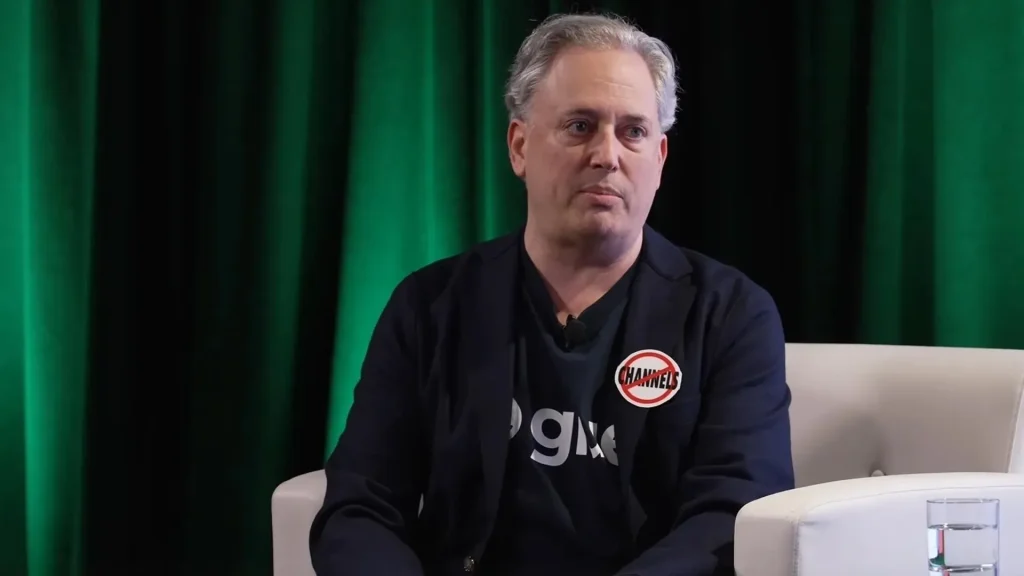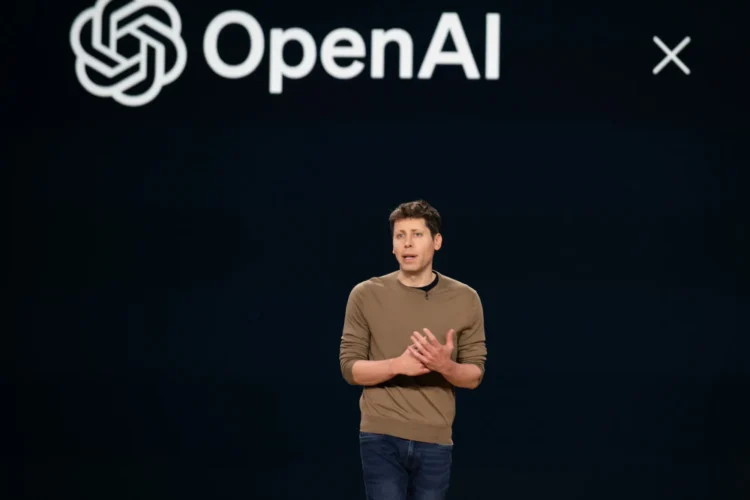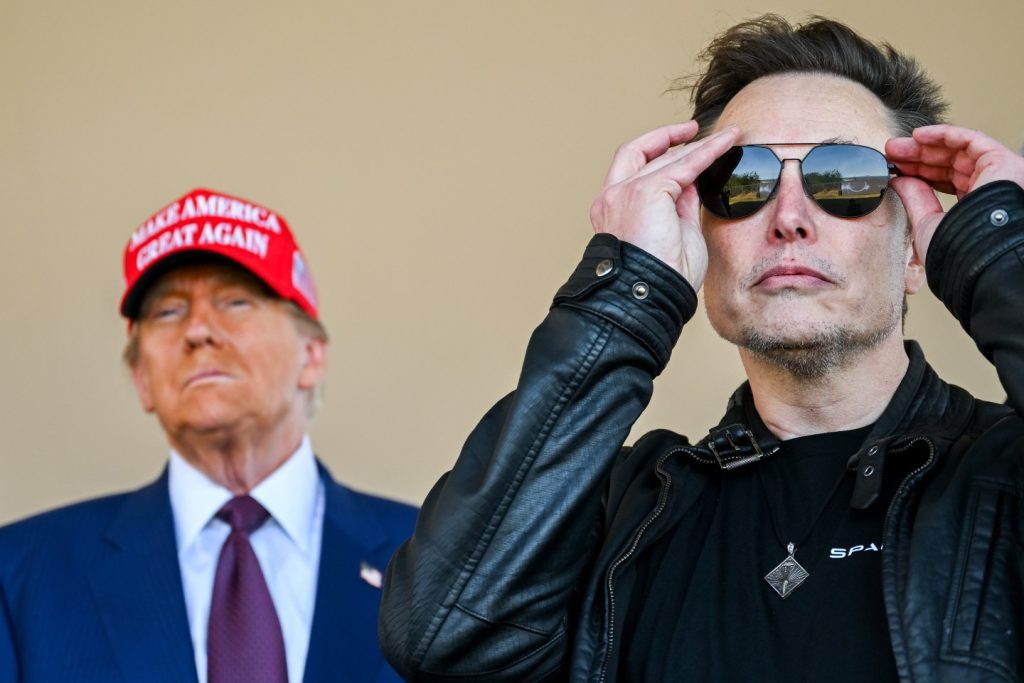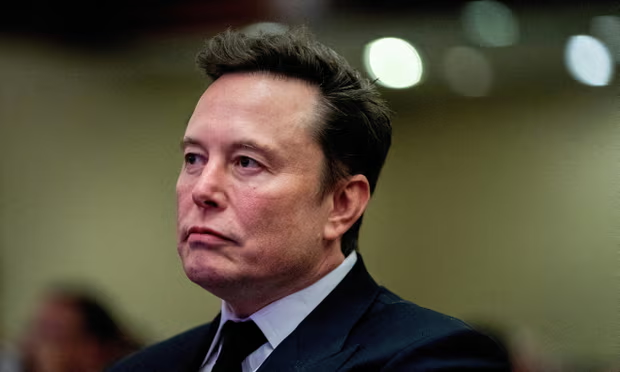OpenAI’s nightmare: What David Sacks as AI Czar (and Elon Musk as wingman) could mean for Sam Altman’s $157 billion startup
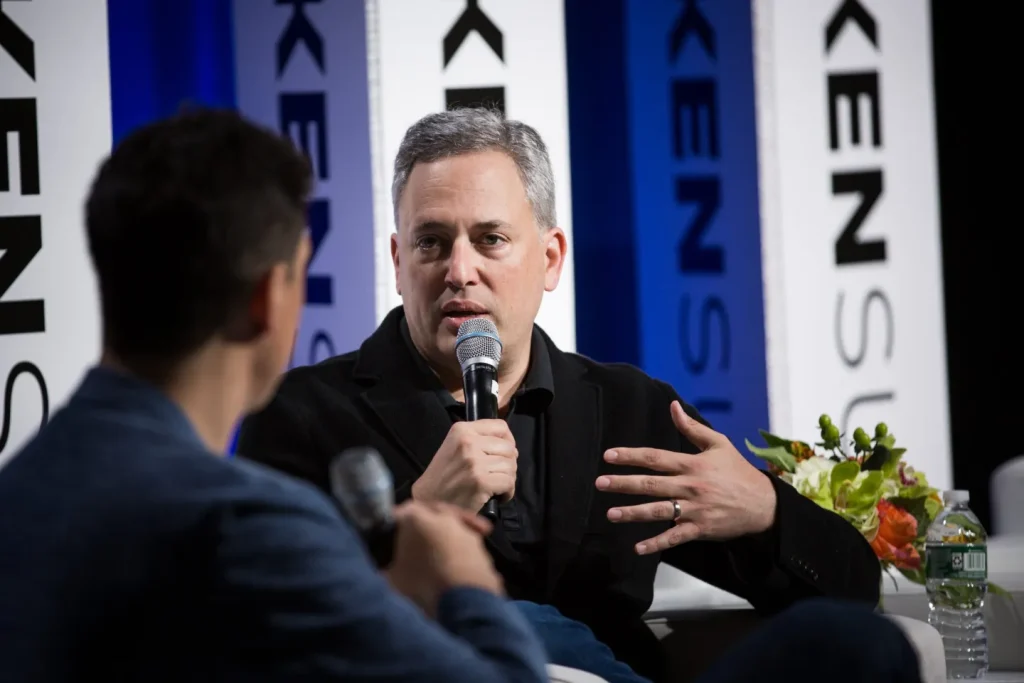
The world of artificial intelligence (AI) is a highly competitive and rapidly evolving space, where key players such as OpenAI, led by Sam Altman, continue to dominate the headlines. However, a new development could potentially disrupt OpenAI’s lead, with Elon Musk’s ally, David Sacks, being considered for the role of AI Czar in the U.S. government. This potential appointment has sparked concerns within the AI community, particularly at OpenAI, where the collaboration between Musk, Sacks, and the broader political and business landscape could alter the trajectory of AI development, competition, and regulation.
David Sacks: A Powerful Ally for Musk
David Sacks is a well-known entrepreneur and investor, best known for his role as the co-founder of PayPal and as a prominent figure in Silicon Valley. He has been a longtime ally of Elon Musk, and their relationship dates back to the early days of PayPal. Musk and Sacks are also key figures in several other ventures, including the software company Palantir and the space exploration company SpaceX. Sacks’ connection with Musk is critical, as it suggests that if he were to assume the role of AI Czar, he would likely have Musk’s backing in navigating the complex and highly sensitive world of AI regulation and policy.
As an advocate for the future of technology, Sacks has long been involved in discussions about the potential of AI, particularly in terms of how to harness its capabilities while managing its risks. Musk, on the other hand, has expressed a combination of optimism and caution when it comes to AI. While Musk is deeply invested in AI as part of his vision for future technologies, he has also raised alarm about the potential dangers of uncontrolled AI development.
This partnership between Musk and Sacks could signal a new era of AI regulation and strategy in the U.S., with significant consequences for AI companies like OpenAI.
AI Czar: The Role and Its Potential Impact
The position of AI Czar, if realized, would give its holder significant power over the direction of AI development, particularly in terms of regulation, oversight, and ethical considerations. This role would likely involve advising the U.S. government on policies related to AI technology, ensuring that its development is both ethical and aligned with national interests. It could also entail managing collaborations between private tech companies and governmental institutions, ensuring that AI innovation is balanced with appropriate safeguards.
In the context of OpenAI, the potential appointment of David Sacks as AI Czar could be seen as a challenge to Sam Altman’s leadership and OpenAI’s dominant position in the AI field. OpenAI, valued at $157 billion, is already facing heightened competition from companies like Google DeepMind and Microsoft, both of which are aggressively advancing their own AI projects. The arrival of Sacks in a regulatory role, backed by Musk’s influence, could shift the competitive landscape in favor of Musk’s own AI interests, such as those seen in Tesla’s AI-driven projects or Musk’s involvement with AI startups.
Sacks’ connections in Silicon Valley, combined with Musk’s disruptive reputation, could give them the leverage needed to push for policies that favor their ventures, potentially sidelining OpenAI’s approach to AI ethics, safety, and open-access research.
The Musk Factor: How Elon Musk’s Influence Could Shape AI Development
Elon Musk is a figure whose influence stretches far beyond his primary ventures like Tesla and SpaceX. His views on AI have always been outspoken, and he has repeatedly warned about the potential dangers of unregulated AI development. Musk co-founded OpenAI in 2015, but his relationship with the organization soured in 2018, leading him to step down from its board. Since then, Musk has been critical of OpenAI, particularly its shift towards commercializing its technologies, such as the GPT models and the ChatGPT platform.
Musk’s concerns about OpenAI’s direction have centered around its move towards a for-profit model, which he believes could undermine the ethical principles upon which the organization was founded. This philosophy stands in contrast to Musk’s vision for technology, which often emphasizes safety, transparency, and the greater good. With Musk’s financial backing and influence, the role of AI Czar could be seen as an opportunity for him to impose his vision on the U.S. government’s AI strategy and regulation, particularly if Sacks, a trusted ally, occupies the position.
If Musk and Sacks are successful in positioning themselves at the helm of AI regulation, OpenAI’s model — which has prioritized partnerships with corporations like Microsoft and a greater emphasis on AI commercialization — could come under scrutiny. There’s a possibility that a Musk-Sacks-led policy environment could push for greater regulation of commercial AI applications, creating challenges for OpenAI’s business model and revenue stream.
The Future of OpenAI: Risks and Opportunities
OpenAI, under the leadership of Sam Altman, has solidified its position as one of the top players in the field of artificial intelligence. Its achievements, such as the development of GPT-3 and the creation of the widely popular ChatGPT, have brought the company into the spotlight, making it one of the most valuable startups in the world. OpenAI’s mission to ensure that AI benefits all of humanity has made it a beloved institution in the tech community, and its open-access approach to AI research has garnered both praise and criticism.
However, the potential rise of Sacks as AI Czar, backed by Musk’s influence, raises questions about the future of OpenAI. The company’s push for open-access research and its goal of creating general artificial intelligence (AGI) could clash with the regulatory stance that Musk and Sacks may take, particularly if they advocate for a more cautious and controlled approach to AI development.
One of the key risks OpenAI faces is a shift toward regulation that could restrict its ability to monetize AI technologies and scale its offerings. If Musk and Sacks push for regulations that favor controlled, safety-first approaches to AI development, OpenAI’s more commercialized approach could be seen as too aggressive or risky.
At the same time, the presence of Musk and Sacks in the AI regulatory space could open up new opportunities for collaboration. OpenAI could potentially work alongside Musk’s ventures to push the boundaries of AI innovation, provided that both sides can find common ground on ethical concerns and regulatory issues. If OpenAI’s leadership can align with the regulatory landscape created by Musk and Sacks, there is the potential for continued success in the evolving AI ecosystem.
As the AI landscape continues to shift, the potential appointment of David Sacks as AI Czar, with Elon Musk’s backing, represents a critical turning point for the industry. For Sam Altman and OpenAI, this shift could present both challenges and opportunities. The ability to adapt to new regulations and align with emerging policy frameworks will be essential for OpenAI’s continued success in a market increasingly dominated by powerful figures like Musk and Sacks.
With AI technologies transforming every industry from healthcare to finance, the role of regulation will play a pivotal part in shaping how these technologies evolve. The influence of Musk and Sacks could redefine the rules of the game, and OpenAI will need to navigate this changing environment carefully to maintain its position as a leader in the field.
The coming months and years will likely be critical for OpenAI, as the decisions made by Musk, Sacks, and other policymakers could have lasting implications for the future of AI innovation and regulation. How the industry responds to these shifts will determine not just the future of OpenAI, but also the broader trajectory of artificial intelligence in the global arena.


